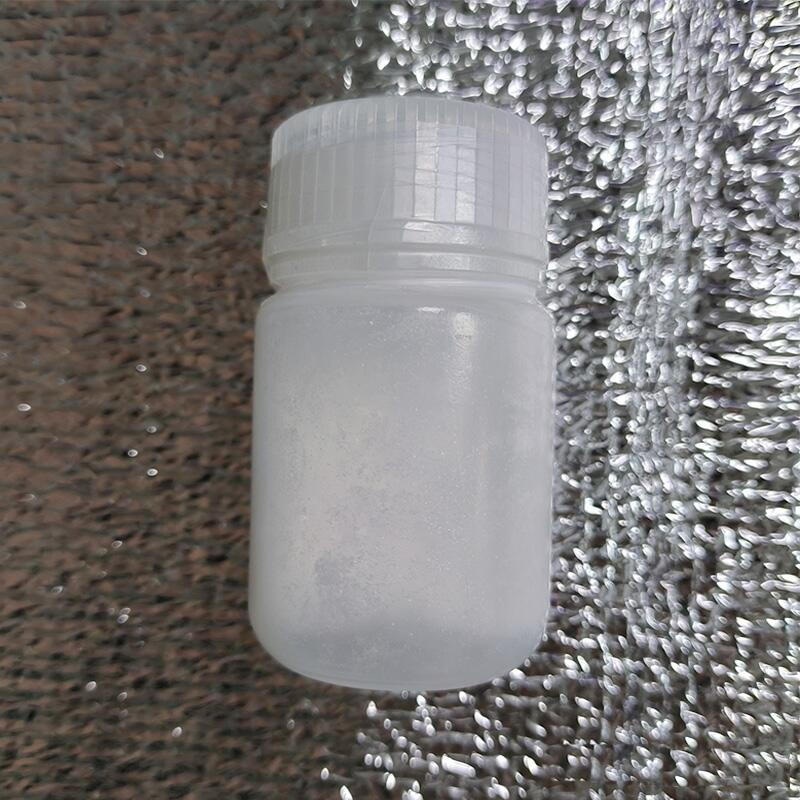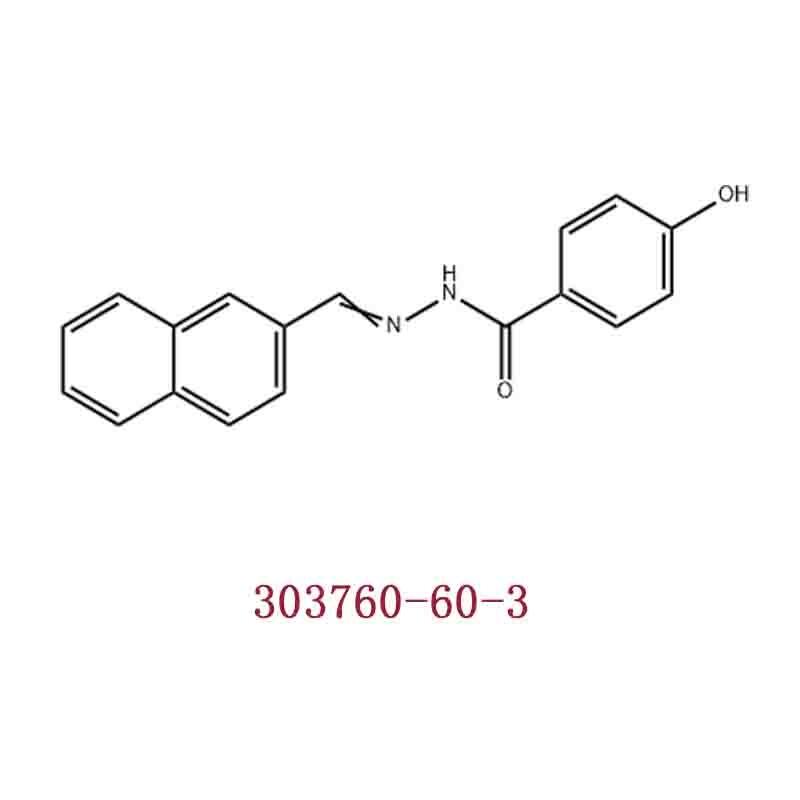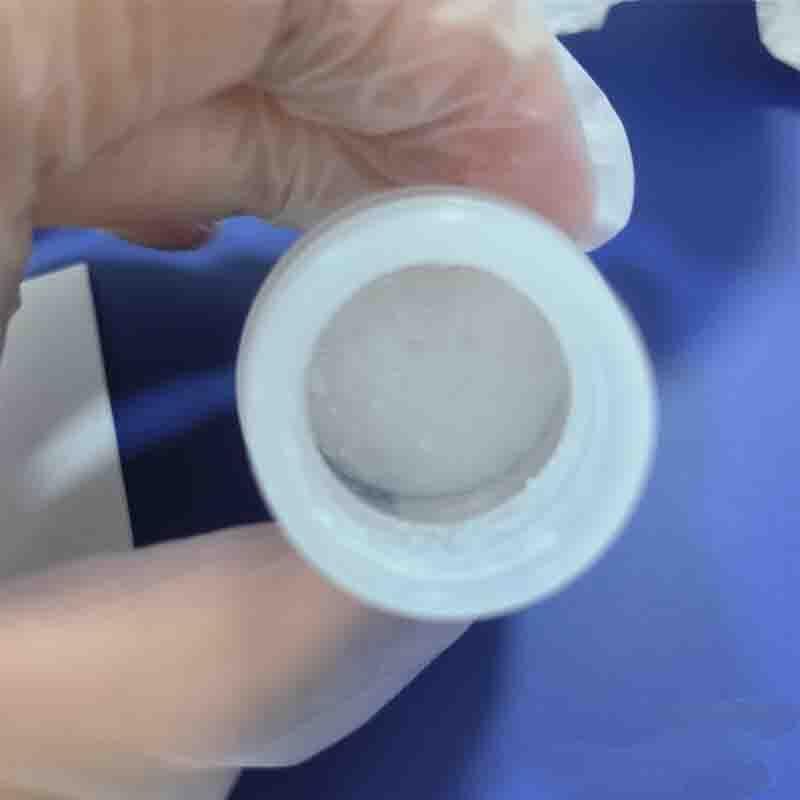-
Categories
-
Pharmaceutical Intermediates
-
Active Pharmaceutical Ingredients
-
Food Additives
- Industrial Coatings
- Agrochemicals
- Dyes and Pigments
- Surfactant
- Flavors and Fragrances
- Chemical Reagents
- Catalyst and Auxiliary
- Natural Products
- Inorganic Chemistry
-
Organic Chemistry
-
Biochemical Engineering
- Analytical Chemistry
-
Cosmetic Ingredient
- Water Treatment Chemical
-
Pharmaceutical Intermediates
Promotion
ECHEMI Mall
Wholesale
Weekly Price
Exhibition
News
-
Trade Service
Inflammation associated with eosinophilic esophagitis (EoE), if left untreated, can lead to progressive esophageal fibrosis and fibrotic strictures
.
The recurrence of inflammation after discontinuation of medication or dietary therapy is almost certain, so long-term suppression of inflammation is required to prevent symptomatic attacks and, more importantly, to reduce long-term fibrotic complications
.
Inflammation can be controlled with medications consisting of PPIs, or swallowed with topical steroids (33–93%) and dietary therapy (SFED).
While dietary therapy is effective and there are no significant long-term risks, there is little information on risk factors that predict dietary failure, with 20%-30% of adult patients receiving elimination diets such as a two-food elimination diet (TFED) that eliminates dairy and wheat, a four-food elimination diet (FFED) that eliminates dairy, wheat, eggs, and soy, and a six-food elimination diet (SFED), which further restricts fish and nuts, among others
.
To investigate the response rate to determine the histological response of adults with EoE to elimination diet and to determine the predictors of histological response
.
This is a retrospective, single-center study of adults with PPI-refractory EoE who received a six-food elimination diet (SFED) or an extended six-food elimination diet (ExSFED) in an outpatient setting between January 2012 and January 2019
.
Patient demographics, radiology and endoscopic results, endoscopic score (EREF), histology, and symptoms
were assessed before and after food exclusion.
Assess histological response
by endoscopic guided biopsy or tissue obtained by cell sponge.
Dietary therapy adherence was assessed by structured telephone interviews
.
Multivariate logistic regression analysis was performed to determine predictors
of dietary response.
A total of 68 patients were included in the study, of whom 62% had a histological response to dietary therapy (81% SFED vs.
19% ExSFED).
The median duration of follow-up was 45 months (IQR, 34-53 months).
In multivariate analyses, a higher pre-SFED EREF score was the only variable associated with dietary non-response (OR 0.
07, 95% CI 0.
49, 0.
98; p = 0.
04)
。
This study confirmed that histological dietary non-response to SFED was associated with higher pre-SFED EREF scores in adults with EoE, suggesting that fixed-structural disease may predict dietary non-response
.
Original source:
Lillian Wang.
et al.
Predictors of histologic response to dietary therapy in eosinophilic oesophagitis.
Alimentary Pharmacology & Therapeutics.
2022.







